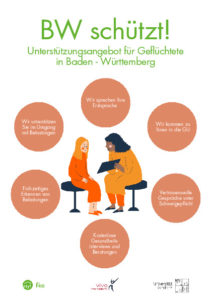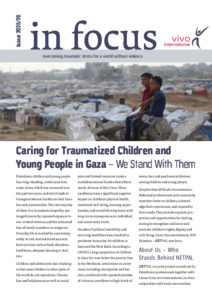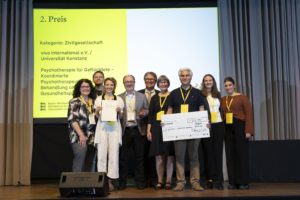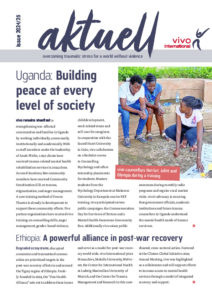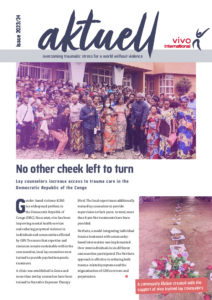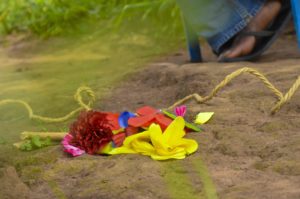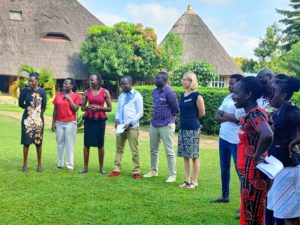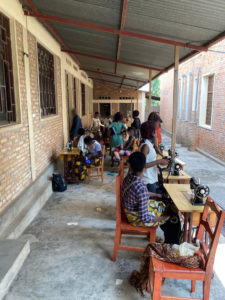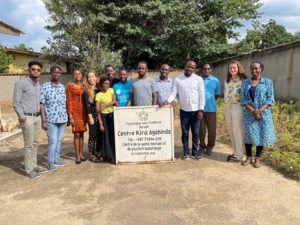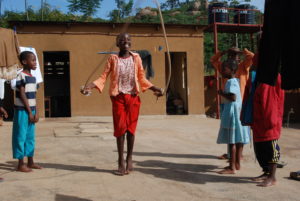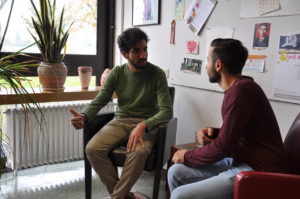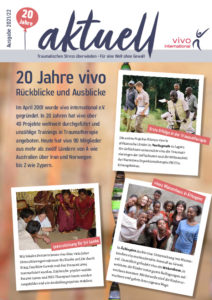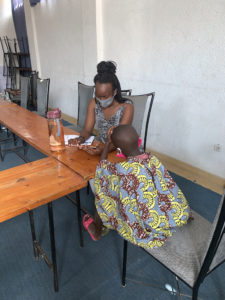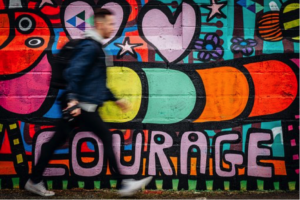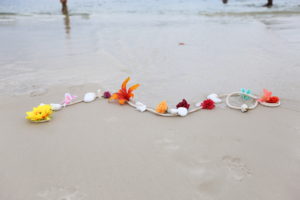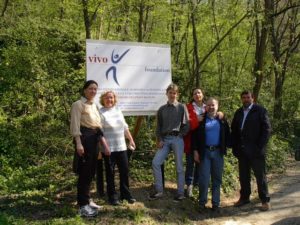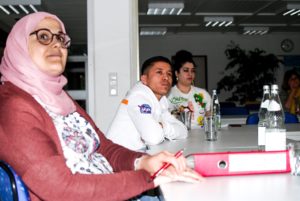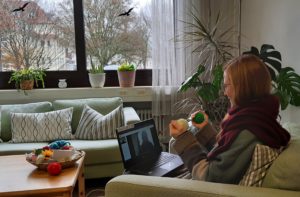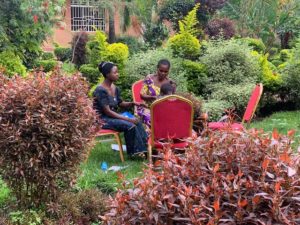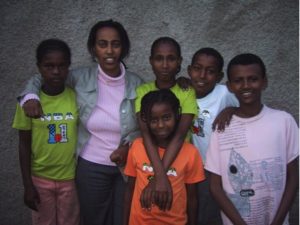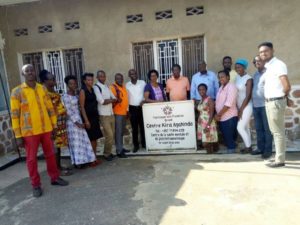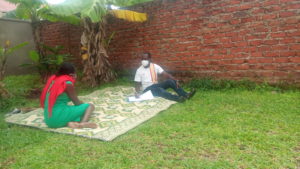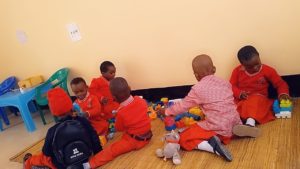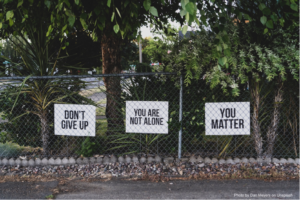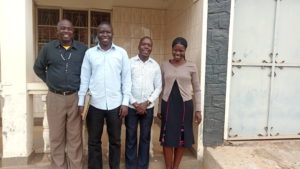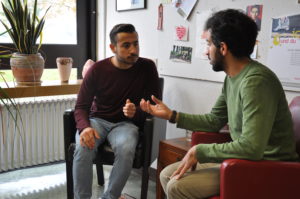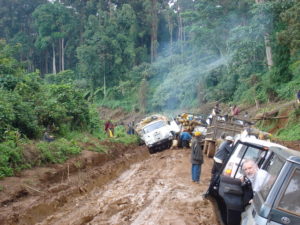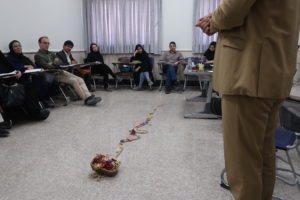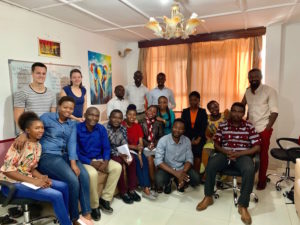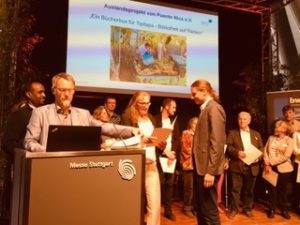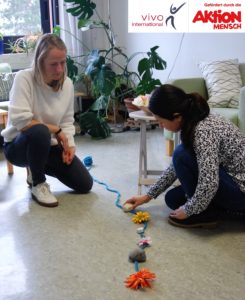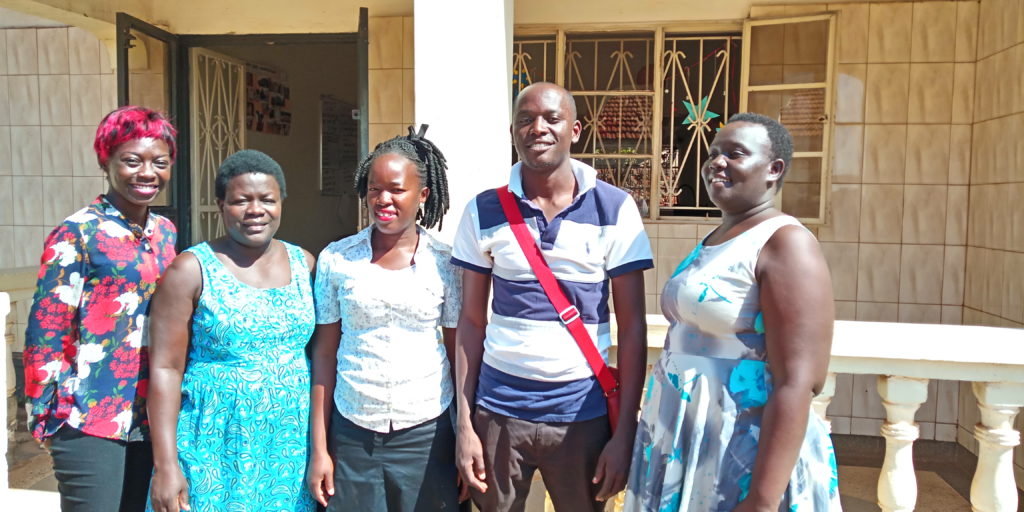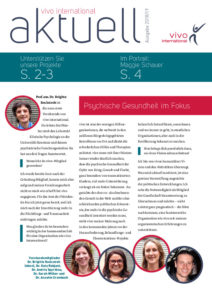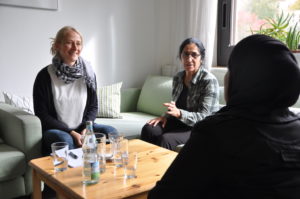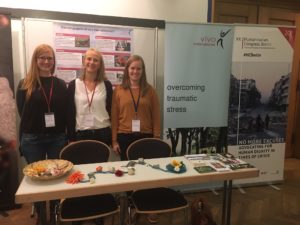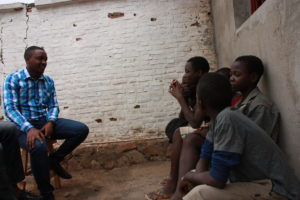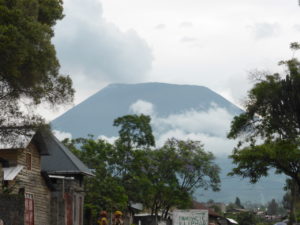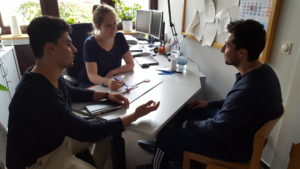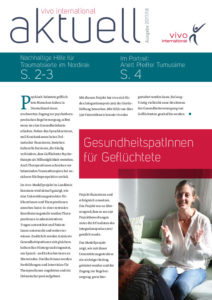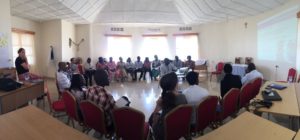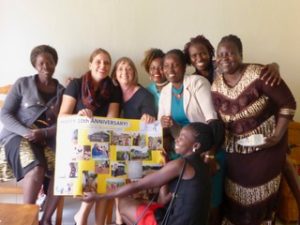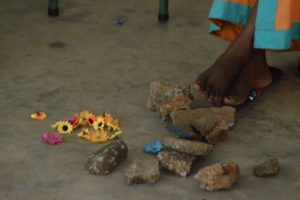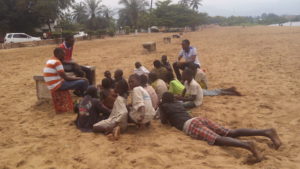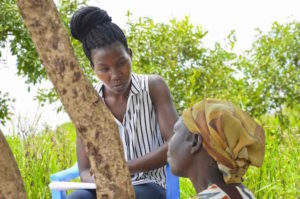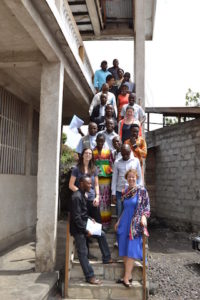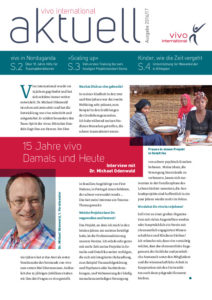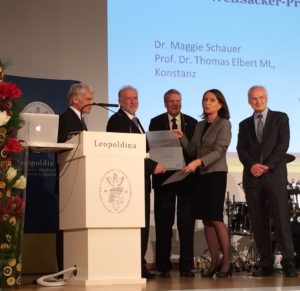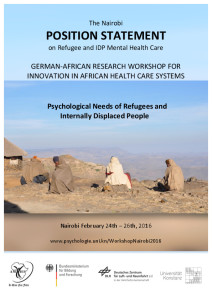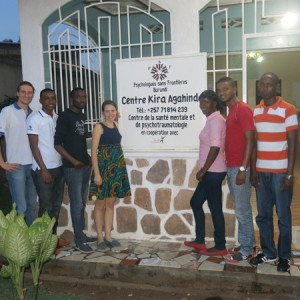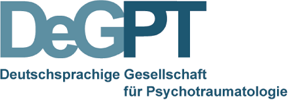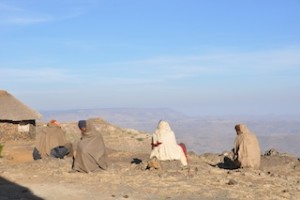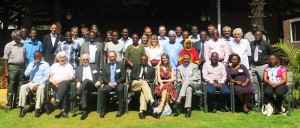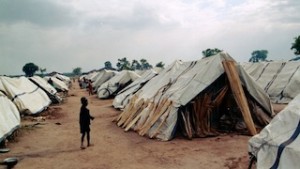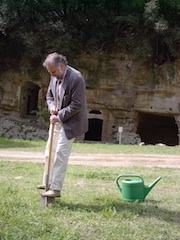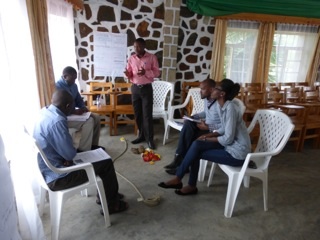Robjant, K., Schmitt, S., Carleial, S., Elbert, T., Abreu, L., Chibashimba, A., … & Koebach, A. (2022).
NETfacts: An integrated intervention at the individual and collective level to treat communities affected by organized violence.
PNAS, 119 (44)
Koebach A & Robjant K (2021).
NETfacts: a community intervention integrating trauma treatment at the individual and collective level.
European Journal of Psychotraumatology, 12(1)
Koebach, A., Carleial, S., Elbert, T., Schmitt, S., & Robjant, K. (2021).
Treating trauma and aggression with narrative exposure therapy in former child and adult soldiers: A randomized controlled trial in Eastern DR Congo.
Journal of Consulting and Clinical Psychology, 89(3), 143–155
Robjant, K., Koebach, A., Schmitt, S., Chibashimba, A., Carleial, S., & Elbert, T. (2019).
The treatment of posttraumatic stress symptoms and aggression in female former child soldiers using adapted Narrative Exposure therapy–a RCT in Eastern Democratic Republic of Congo.
Behaviour research and therapy, 123, 103482
Robjant, K., Schmitt, S., Carleial, S., Elbert, T., Abreu, L., Chibashimba, A., … & Koebach, A. (2022).
NETfacts: An integrated intervention at the individual and collective level to treat communities affected by organized violence.
PNAS, 119 (44)
Koebach A & Robjant K (2021).
NETfacts: a community intervention integrating trauma treatment at the individual and collective level.
European Journal of Psychotraumatology, 12(1)
Koebach, A., Carleial, S., Elbert, T., Schmitt, S., & Robjant, K. (2021).
Treating trauma and aggression with narrative exposure therapy in former child and adult soldiers: A randomized controlled trial in Eastern DR Congo.
Journal of Consulting and Clinical Psychology, 89(3), 143–155
Robjant, K., Koebach, A., Schmitt, S., Chibashimba, A., Carleial, S., & Elbert, T. (2019).
The treatment of posttraumatic stress symptoms and aggression in female former child soldiers using adapted Narrative Exposure therapy–a RCT in Eastern Democratic Republic of Congo.
Behaviour research and therapy, 123, 103482
